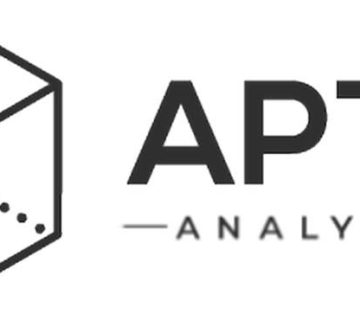Markets in Crypto Assets (MiCA) is being hailed as the world’s first comprehensive set of rules that aims to bring the largely unregulated cryptocurrency markets under government regulation.
It is part of a broader digital finance package, aka ‘Digital Operational Resilience Act (DORA),’ which aims at protecting the financial services sector from fraudulent activities and is likely to become law in July 2023, setting the wheels in motion for the rules to take effect by January 2025 in stages.
While the United States is bogged down in the struggle of clarifying what the digital assets are, the European Union, with MiCA in the picture, has doubled down on how to regulate, instead of who is going to regulate the space – an approach that could prove to be a game-changer.
But the big question is how will MiCA impact the European crypto market.
Quashing Europe Exit Concerns
The EU Council – representing 27 member states, unanimously approved MiCA, becoming the first major jurisdiction in the world with a crypto licensing regime.
The positive reception received by the EU’s robust regulatory framework can be attributed to the fact that lawmakers have mostly refrained from adopting the “regulation-by-enforcement” approach. Therefore, several other markets and jurisdictions have begun looking to MiCA as a precedent in order to stay competitive in the global market. Following its footsteps are countries like the UK, Australia, and Hong Kong.
Several experts have weighed on how MiCA could shape the regulatory landscape in the broader crypto industry.
Banxa’s Director of Compliance, Brinda Paul, for one, believes MiCA sets a high standard for consumer protection, which will benefit customers immensely from a more reliable and trustworthy crypto market. In a conversation with CryptoPotato, the exec further added that “heightened customer confidence has the potential of increasing participation in the crypto economy.”
Its introduction is mostly expected to serve as a catalyst by attracting both startups and prominent businesses, setting the stage for more healthy competition.
As for end-users, Laura Chaput, head of regulatory compliance at Brussels-based market-maker Keyrock, said that rules on governance will incr
Go to Source to See Full Article
Author: Chayanika Deka





